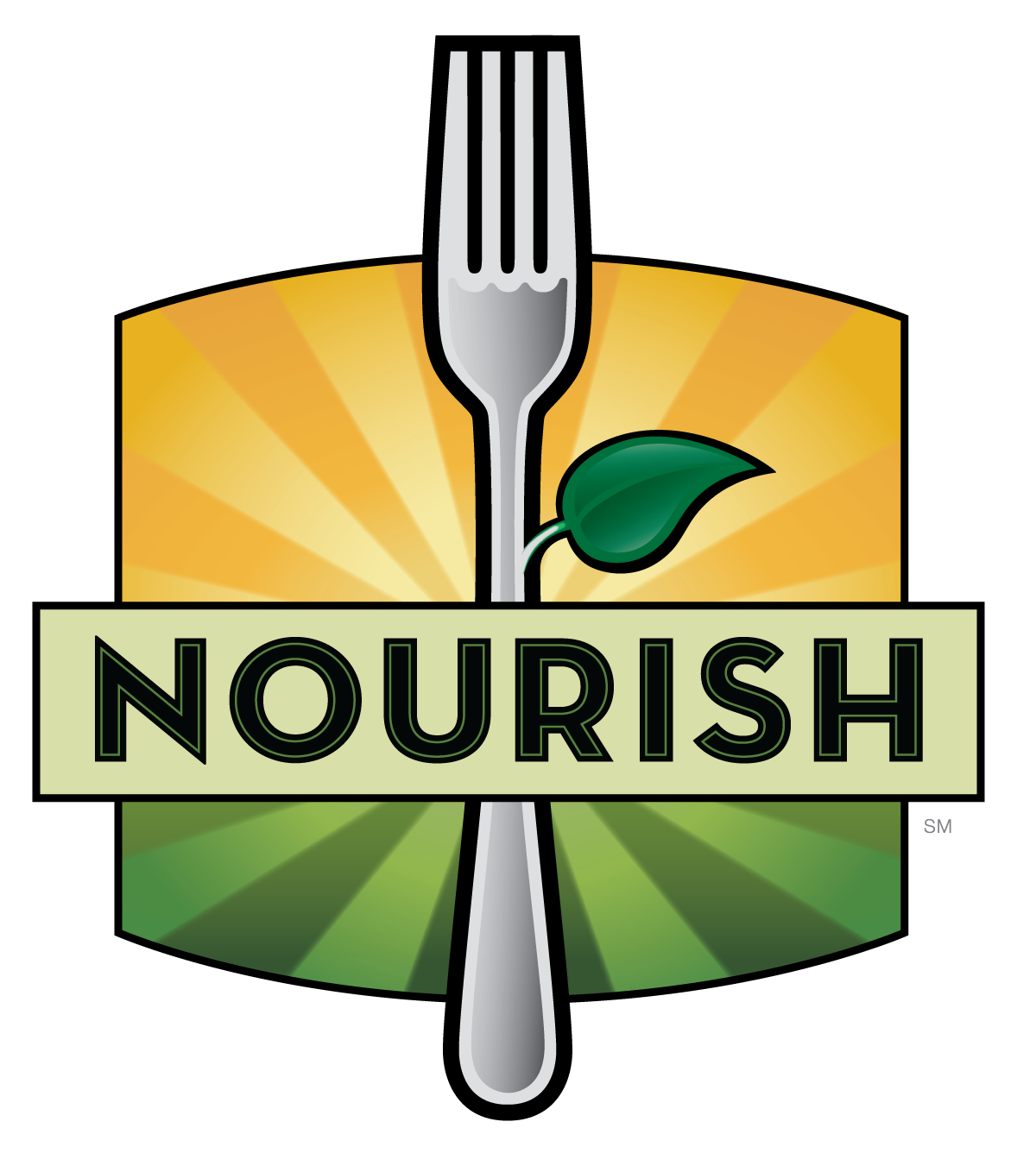A myriad of colors on your plate, the crunch of a fresh vegetable, the rich textures of whole grains, and the sweetness of ripe fruit—eating isn’t just a basic human need; it’s a sensory experience that has the power to nourish our bodies to their utmost potential. Nutrition is the cornerstone of a healthy lifestyle, and understanding its importance is more vital now than ever with the array of dietary trends and information available to us. Let’s embark on a culinary adventure that promises to enliven your palate and boost your health.
Our journey through the world of nutrition will take us down the path of reimagining traditional eating habits. The key to unlocking a treasure trove of health benefits is to embrace a balanced diet rich in nutrients, one that supports your well-being and satiates your hunger for life’s flavors.
Understanding the Basics: Macronutrients and Micronutrients
Every morsel we eat can be a step toward better health. It’s important to understand that food is composed of macronutrients—proteins, fats, and carbohydrates—that provide energy and play specific roles in bodily functions. Micronutrients, though required in smaller amounts, are equally crucial; they include vitamins and minerals that support a myriad of biological processes.
Making the Switch: Adapting to a Nutritious Diet
Transitioning to healthier eating habits doesn’t have to be a shock to your system, nor should it strip away the joy of eating. Here are some tips to gently guide you to healthier choices:
- Color Your Plate: Aim for a variety of colors on your plate with an abundance of fruits and vegetables. They are high in fiber, vitamins, and antioxidants that combat disease.
- Whole Grains for the Win: Replace refined grains with whole grains. Options like quinoa, barley, and brown rice are not only heartier but also rich in fiber.
- Lean and Mean Protein: Opt for lean proteins such as poultry, fish, legumes, and tofu. These help in muscle repair and can be incredibly versatile in recipes.
- Fabulous Fats: Focus on healthy fats from sources like avocados, nuts, seeds, and fish to support brain health and satiety.
- Stay Hydrated: Often overlooked, water is essential for life and an important part of nutrition. Keep a bottle handy and sip throughout the day.
- Moderation is Key: Enjoy all food groups, but be conscious of portion sizes to avoid overeating.
- Mindful Munching: Pay attention to what you eat. Savor each bite and be mindful of your body’s hunger and fullness cues.
Healthy eating is more than following a strict diet—it’s about making informed, balanced choices that work for your lifestyle. Every meal is an opportunity to infuse your life with energy, bolster your health, and also relish the pleasure that comes from a delicious dish.
The Joy of Eating: A Culinary Celebration
Cooking can be a delightful dance, a creative outlet that allows you to experiment with flavors and textures, transforming simple ingredients into mouthwatering meals. The act of preparing your food can be a form of self-care, an expression of love for both yourself and those you cook for.
In conclusion, we’ve just scratched the surface of the vast world of nutritional wisdom. Remember to relish your culinary experiences and cherish the road to improved well-being. It isn’t a sprint but rather a marathon—a gradual, enjoyable process that leads to a lifetime of vitality. Bon appétit!
